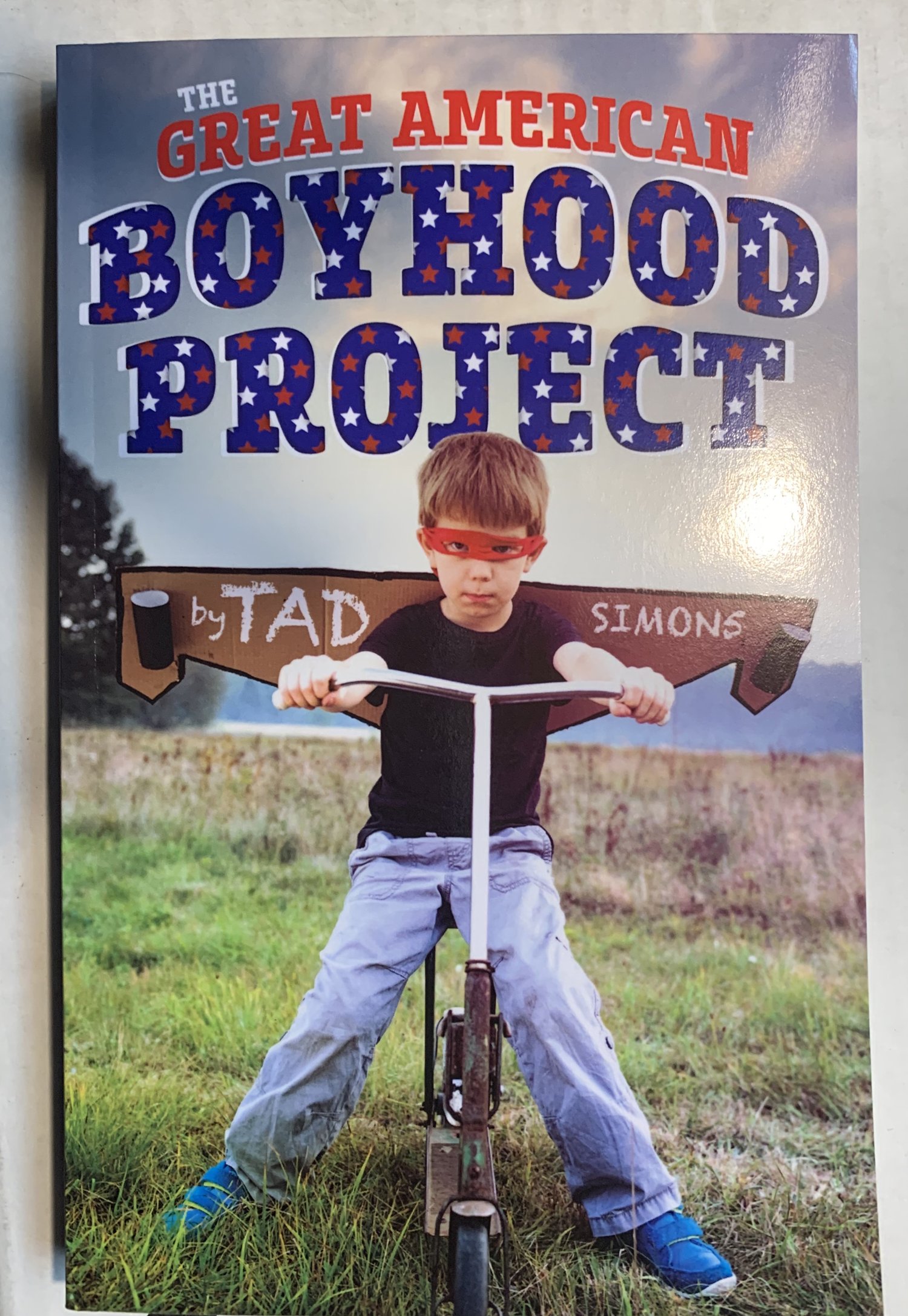Eager to learn secrets of the craft, budding writers often wonder: Where is the best place to write? Is it a villa in Tuscany? A yacht on the Côte d’Azur? In a seaside bungalow on St. Lucia? At an artist’s retreat in Aspen?
These are all good places to try to write. Unfortunately, they are also places designed to prevent writers from writing. In St. Lucia, for instance, it’s almost impossible to get any work done after you’ve spilled a banana daiquiri on your keyboard. And on the French Riviera, young vixens in tiny swimwear think nothing of snapping your laptop shut and tossing it into the Mediterranean.
They think it’s funny.
Luckily, after wasting a great deal of time trying to write in exotic locales with lax extradition treaties, I finally learned the error of my ways. Since then, I have discovered that the ideal place to write is nowhere near a beach—it’s inside a maximum-security prison, locked in a 6x9 jail cell.
In prison, a writer can work free of distraction for twenty-three hours a day, with room and board provided by taxpayers. It’s an ideal arrangement, and, except for an occasional scrap in the yard with Rocko and his goons, results in no more blood loss than a modest kitchen mishap or the untimely slip of a power tool. Which is to say that, in truth, prison beat-downs look a lot worse on television than they are in reality. The key is to curl up in a ball and think happy thoughts until the guards blow the whistle or they think you’re dead, whichever comes first.
Now, the reason I say it’s important to get locked up in a maximum-security prison is that the inmates in minimum-security prisons and state-sponsored psychiatric facilities tend to be annoyingly chatty. All they want to do is talk—about their tattoos, their conspiracy theories, the drugs in the food, the ghosts by the water fountain, the bugs in their hair, etc. ad nauseum. Honestly, they never shut up. Such facilities also schedule way too many activities and so-called “free time,” all of which are counter-productive if you’re trying to think your own thoughts, rather than the thoughts being transmitted to you through a microchip in your brain implanted by the CIA while you were asleep. They also make you do your own laundry and eat in a cafeteria with other inmates, both of which are big time-wasters.
So, maximum-security it is.
Ideally, what you want is to land in a maximum-security prison for a crime with a five-year sentence that gets knock down to two for good behavior. What you don’t want is to land in a SuperMax facility for twenty-five to life, or in a minimum-security prison where you end up playing tennis with a bunch of crooked hedge-fund managers. There’s a happy medium.
So let’s say you want to write a four-hundred-page novel. You figure it’s going to take two years—eighteen months of writing, and six months for revisions and editing. In order to land in a maximum-security facility, what you need to do is commit a Class D or E felony with just enough violence to make them think you’re dangerous, but not so much that someone winds up dead. Setting up an illegal book-making operation is a great way to accomplish this objective, because while you’re trying to get caught, you’re also making money. Breaking people’s bones is part of the business, too, but killing people who welch on bets is not, so even if someone does accidentally get killed along the way, you can always plead third-degree manslaughter, which also counts as street cred out in the yard. In many states, getting arrested for dealing drugs is a good strategy as well—though in states like California, you practically have to drive a semi-trailer full of heroin into the governor’s mansion in order to get law enforcement to notice you. And even that’s no guarantee.
My advice is to research the criminal statutes in your state and break the law accordingly.
Once you’re there, the great thing about prison is that there’s nothing to do except write, so productivity is rarely a problem. Even if one hand is wrapped in bandages, you can still type with your other hand, and, as all prison writers eventually learn, you don’t need all your teeth to edit or figure out plot problems.
Trust me, the pages pile up in no time. And if you get the timing right, you should be finishing up the final draft about the same time as your first parole hearing. If all goes well, you could be out in time for the book tour and cashing hefty royalty checks within a few months of your release.
Then you’ll be able to afford that villa in Tuscany. But trust me, you won’t get any writing done there. Great food, amazing scenery, and extraordinary women are no substitute for the peace and quiet of your own personal prison cell.
